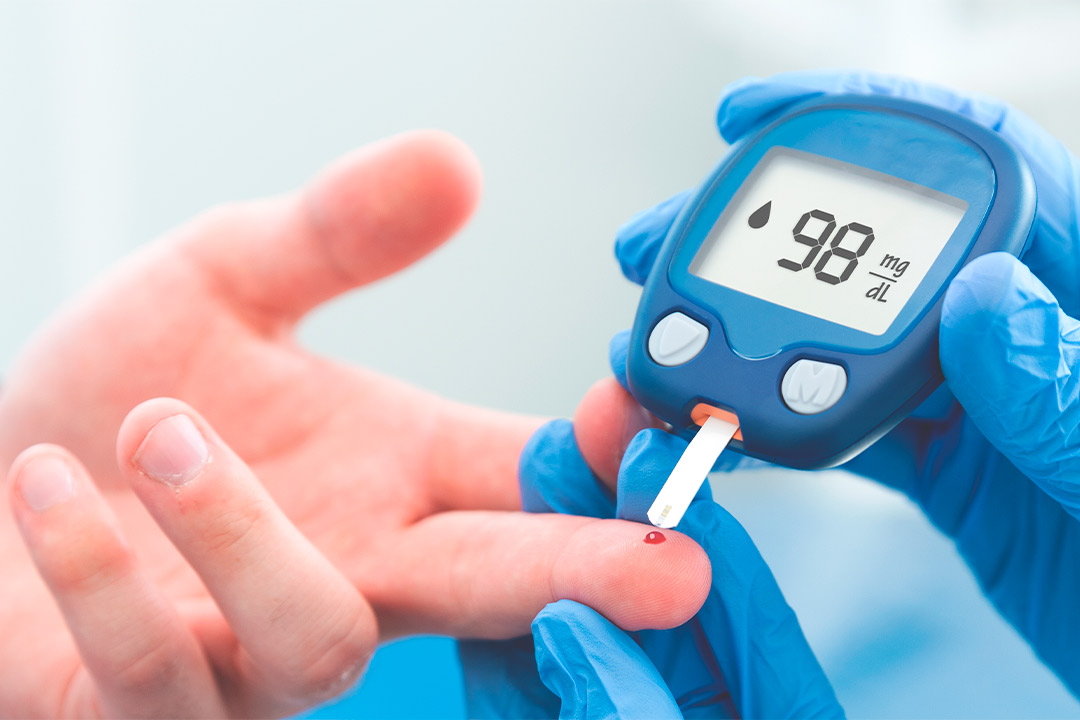Men’s Health Month: Encouraging Regular Check-Ups and Screenings
When it comes to men’s health, regular checkups can mean the difference between early treatment and a late-stage diagnosis. Many conditions, like high blood pressure, diabetes, and prostate cancer, can develop silently, without clear symptoms in the early stages. That’s why proactive screening is essential for long-term health, early detection, and prevention of complications.
The infographic below highlights why men’s health screenings are pivotal, which conditions can be caught early, and what checkups are recommended at different stages of life. Whether you’re in your twenties or approaching retirement, understanding these key health milestones can help you stay ahead of potential risks and build a healthier future.
Routine checkups serve as the foundation for early detection and intervention. Even if you feel perfectly healthy, these screenings can uncover silent health risks before they lead to complications. They increase your chances of effective treatment, better health outcomes, and a longer, healthier life.
Despite clear benefits, men are generally hesitant to seek medical screenings, often delaying care until symptoms become severe or unbearable. This reluctance stems from various factors, including discomfort with discussing health concerns, fear of potential diagnoses, or simply the belief that they’re “tough enough” to handle whatever comes their way.
Breaking this stigma around men’s health is essential for better health and longer life. By overcoming barriers to seeking care, men can benefit from early intervention, more effective treatments, and ultimately, a better quality of life.
Let’s walk through the most essential screenings every man should consider, what to expect during a health checkup, and practical steps for building a strong preventative care routine. Taking control of your health starts now.
Recommended Health Screenings by Age
Knowing when to get screened, and for what, can help men catch health issues early and stay on top of their well-being. The table below outlines key health screenings based on age, recommended frequency, and important considerations. These guidelines provide a starting point for discussions with your healthcare provider based on your personal risk factors.
| Age Range | Screening | Frequency | Notes |
| 20–35 | Blood pressure, cholesterol | Every 1–2 years | More often if you have risk factors |
| 35+ | Diabetes screening | Every 3 years or as advised | Especially if overweight or family history |
| 45+ | Colorectal cancer screening | Every 10 years (colonoscopy) | Or more frequent stool-based tests |
| 55–69 | Prostate cancer (PSA test) discussion | As recommended | Decision should be based on personal risk factors |
| Any age | Mental health, sexual health, eye exams | As needed | Important but often overlooked |
Blood Tests: The Body’s Warning System

Blood tests are an essential part of modern diagnostics. They can catch issues that physical exams can’t.
What Blood Tests Can Reveal
Blood tests can uncover hidden health issues before symptoms arise. A routine panel can provide valuable insights into your overall health, helping to identify potential risks early and guide necessary lifestyle or treatment changes. Here are some key things blood tests can detect:
- Cholesterol levels: Predicts heart disease risk
- Blood glucose (A1C): Screens for diabetes
- CBC (Complete Blood Count): Detects anemia or infections
- Liver & kidney function: Checks for damage or disease
- Vitamin levels: Detects deficiencies
Thanks to modern lab technology, test results can be delivered quickly, empowering your doctor to act fast. For efficient and reliable lab testing, Kuye Group offers prompt results you can trust.
What to Expect During a Men’s Health Checkup

Understanding the process helps reduce anxiety and ensures better results.
A Typical Health Checkup Includes:
- Vital sign measurements: Blood pressure, BMI, height, weight
- Physical exam: Doctor checks for signs of disease, listens to heart/lungs, evaluates overall fitness
- Lab tests: Blood samples are collected to assess various health indicators
Discussion: You’ll review personal/family health history and lifestyle habits
How to Prepare for Your Appointment
Preparing properly for your appointment ensures more accurate results. Don’t be afraid to ask questions during the examination and testing. This is your chance to take charge of your health plan.
Here are some tips to follow to ensure accurate results:
| Tip | Why It Matters |
| Fast for 8–12 hours (if needed) | Ensures accurate blood test results |
| Wear loose clothing | Makes it easier to take blood or perform physical checks |
| Bring a medication list | Helps your doctor understand any potential interactions |
| Note family health history | Assists in identifying genetic risk factors |
Daily Habits That Boost Men’s Health

Health doesn’t stop at the clinic. Building strong lifestyle habits can help you stay healthier between checkups.
Simple Habits That Make a Big Difference
- Heart-healthy diet: Eat more vegetables, fruits, whole grains, and lean protein
(Try the DASH diet for managing blood pressure) - Exercise regularly: Aim for at least 30 minutes of movement most days
- Reduce stress: Practice mindfulness, deep breathing, or yoga
- Avoid harmful habits: Quit smoking, limit alcohol intake
- Track your health: Use apps or wearable tech to monitor vital stats
Don’t forget mental health: Screening for depression, anxiety, and stress is just as important as physical checks.
Make Prevention a Lifelong Priority
Health is a journey, not a one-time event. Checkups are just one piece of the puzzle. Follow ongoing preventative steps:
- Follow up on test results: Don’t skip your doctor’s advice or follow-up appointments
- Use lab results to monitor trends: See if your efforts are working
- Adapt your care plan: Life changes, and so should your health routine
Take Action with Kuye Medical Group
This Men’s Health Month, prioritize your well-being. At Kuye Medical Group, we’re here to help. Learn more about our services:
- Comprehensive checkups
- Fast lab services
- Personalized health plans
- Expert chronic disease management
- Allergies Test
Be a man: schedule your appointment today and start investing in a healthier future.





